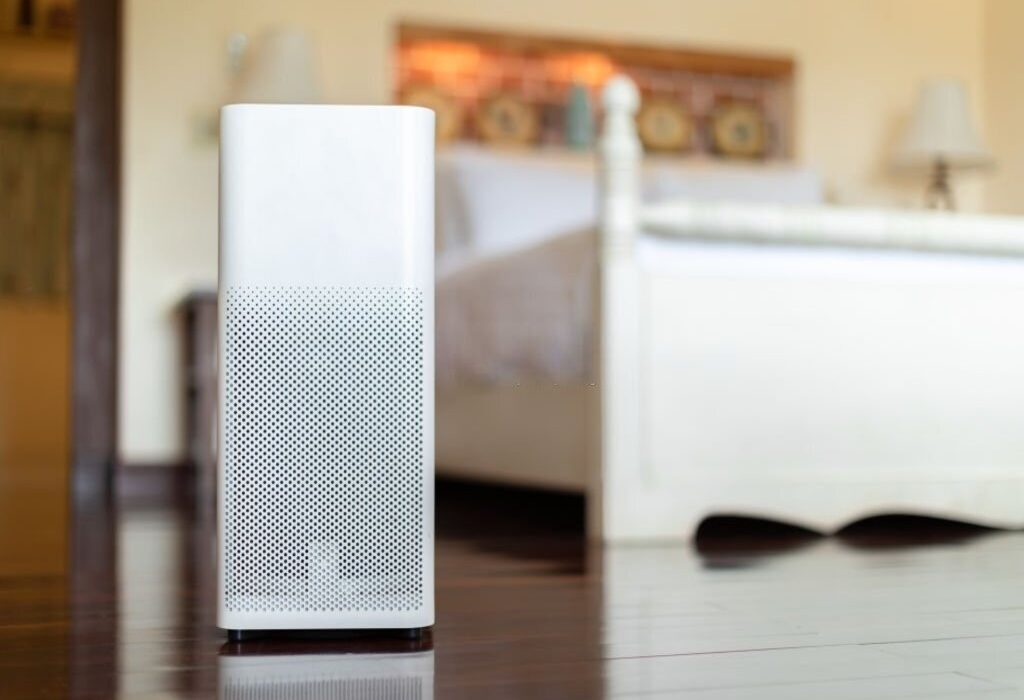If one is looking for a dependable solution for indoor air quality health concerns, home air purifiers are often the first thing that comes to mind. They claim to remove allergens and irritants from the air in the home, which can help prevent asthma attacks and other respiratory illnesses.
But do they actually work? The answer is yes—but only to a point. It all depends on the tasks an air purifier performs and how well the particular air purifier satisfies those tasks.
Continue reading to learn how portable air purifiers work and whether or not they are effective.
How Do Air Purifiers Work?
Despite their differences, portable air purifiers generally perform the same functions. With the aid of fans, they draw air into the room, pass it through one or more filters to remove various impurities, and then circulate the cleaner air back into the room.
Portable air purifiers can be moved from one room to another and range in weight. Some can be hung on the wall. There are also wearable and desktop versions available.
What Kinds of Air Purifiers Are Available?
Most portable air purifiers fall into one of three categories:
– Filtered air purifiers capture and trap airborne pollutants.
– Electrostatic air purifiers that generate charged particles to trap them in a filter.
– UV light air purifiers that use UV light to kill contaminants like viruses and bacteria.
Are Air Purifiers Effective?
Yes, but only to a certain extent. Its functionality depends on a number of factors, including:
– The types of contaminants in the home
– The house’s ventilation
– The size of the area to be cleaned
– The type and quantity of filters used by the air purifier
– The air purifier’s CADR rating
– How much you can control the contamination sources
– How frequently one uses the air purifier
Particles can embed themselves in carpeting, furniture, and bedding, which exacerbates the issue. As a result, the amount of work the air purifier does is influenced by one’s cleaning habits.
Benefits of Air Purifiers
Air purifiers provide several advantages when used effectively, including:
– Allergies
Air purifiers can lower allergic symptoms by reducing the allergen load in your indoor air.
– Asthma
Air purifiers can reduce asthma triggers such as dust, smoke, and pollen.
– Dust
Air purifiers might reduce the number of dust particles, typically 5 microns in size or smaller, and fall within the purification capacity of most HEPA air purifiers.
– Animal dander
It might help lessen pet dander in your house.
– Particulate matter (PMs)
HEPA air cleaners with a high CADR can reduce indoor PM2.5 (smaller particles) concentrations by 50% or more.
– Viruses
Some air purifiers can reduce virus-containing airborne particles. They must be able to filter out tiny particles between 0.1 and 1 micron in size.




